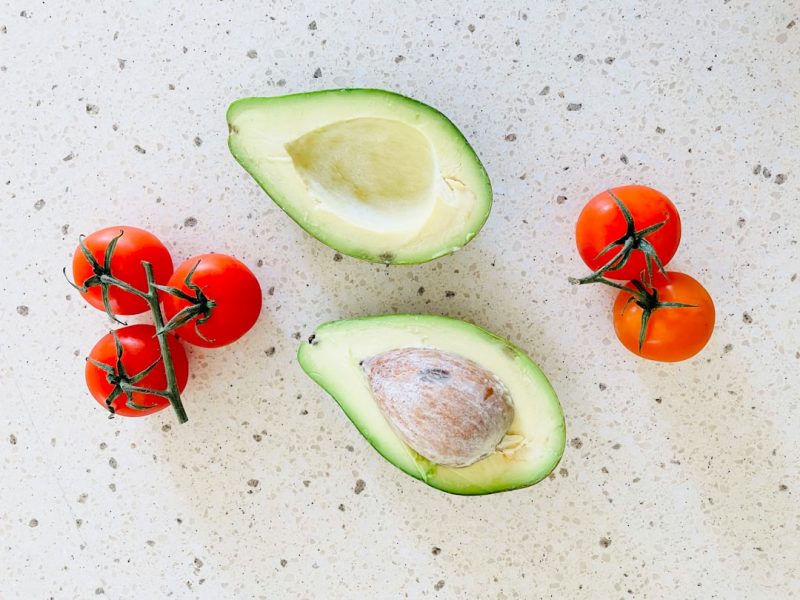
The creamy green goodness we’ve come to rely on for toast, salads, and guacamole is facing a crisis. The price of avocados is skyrocketing, sending ripples through grocery stores and restaurants worldwide. This isn’t just a minor price fluctuation; experts are calling it an avocado apocalypse, and the reasons are multifaceted and concerning.
One major factor is the weather. Unpredictable rainfall patterns, droughts, and extreme temperatures in major avocado-producing regions like Mexico, California, and Peru have devastated crops. Trees are struggling to produce the quantity of fruit they once did, and the quality of the avocados being harvested is often subpar, leading to further losses. This is exacerbated by the increasing impact of climate change, which makes consistent harvests even more precarious.
Beyond the weather, there are other significant contributing factors. Rising fuel costs increase the price of transportation, adding to the final cost of avocados reaching our plates. Similarly, increased fertilizer and pesticide costs impact farmers’ bottom lines, necessitating higher prices to remain profitable. Furthermore, labor shortages in many agricultural sectors, including avocado farming, are impacting production volume.
The impact of this crisis is being felt globally. Restaurants are forced to raise prices or reduce avocado-based menu items, impacting consumers’ wallets and dining experiences. Grocery stores are witnessing reduced supply and increased prices, making avocados a luxury item for many. This price surge also disproportionately affects lower-income communities who often rely on avocados as a relatively affordable and nutritious food source.
Looking ahead, the situation remains uncertain. While some regions are experiencing a degree of recovery, the long-term effects of climate change and other economic pressures continue to loom large. Experts are calling for sustainable farming practices, diversification of growing regions, and potentially even exploring alternative crops to alleviate the dependence on avocado production in vulnerable areas. The avocado apocalypse highlights the fragility of our global food system and underscores the importance of resilient agricultural practices in the face of climate change. Only through proactive measures and a commitment to sustainability can we hope to avert future crises and ensure access to affordable and nutritious food for everyone.










